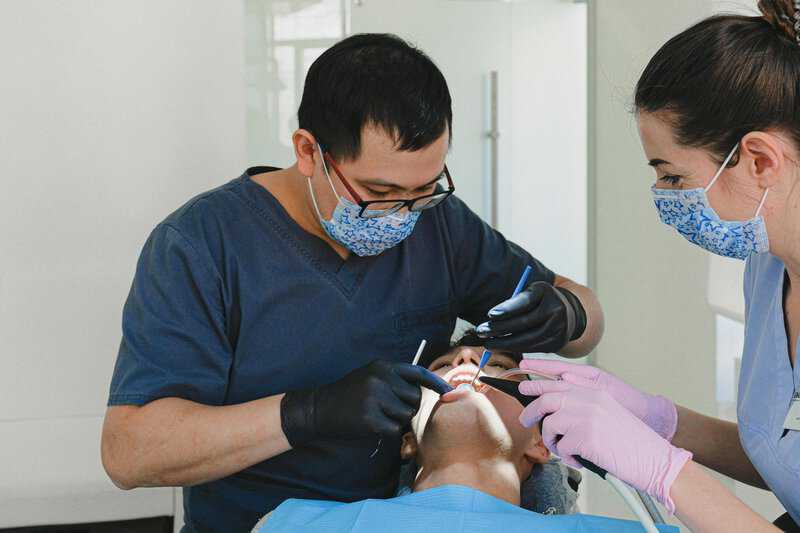
What is Orthognathic Surgery?
If you’ve ever wished for a smile that’s not only beautiful but also perfectly aligned, you might have heard about orthognathic surgery. While this term may sound a bit intimidating, your Westbury orthodontist at Brush Hollow Orthodontics is here to help you understand how this amazing procedure can transform your smile and improve your overall health.
Orthognathic Surgery: The Basics
Orthognathic surgery, often referred to as jaw surgery, is a specialized procedure designed to correct issues with the alignment of your jaws and teeth. It’s a solution for those who have significant bite problems, jaw discrepancies, or facial asymmetry that can’t be fixed with orthodontics alone.
Why Might You Need Orthognathic Surgery?
There are several reasons someone might consider orthognathic surgery:
- Bite Issues: If you have an overbite, underbite, or crossbite that causes difficulty chewing or speaking, orthognathic surgery can realign your jaws for a more comfortable and functional bite.
- Jaw Discrepancies: Sometimes, the upper and lower jaws don’t align properly, leading to problems with chewing, breathing, or even speaking. Surgery can correct these discrepancies, bringing your jaws into proper alignment.
- Facial Asymmetry: If your face appears uneven due to jaw issues, orthognathic surgery can help create a more balanced and harmonious appearance.
- Sleep Apnea: For some, jaw surgery can be part of a treatment plan for obstructive sleep apnea, improving airflow and reducing snoring.
The Surgery Process
- Planning and Preparation: Before the surgery, you’ll have a thorough evaluation with your orthodontist in Westbury, including X-rays, scans, and impressions of your teeth. This helps your orthodontist and oral surgeon create a detailed treatment plan tailored to your needs.
- Pre-Surgery Orthodontics: Often, you’ll need to wear braces or other orthodontic appliances before the surgery to prepare your teeth and jaws. This step ensures everything is in the right position for the best results.
- The Big Day: During the surgery, your Westbury oral surgeon will carefully reposition your jaws using precise techniques. The procedure is typically done under general anesthesia, so you’ll be comfortably asleep throughout.
- Recovery Time: After surgery, you’ll need some time to recover. You might experience swelling, bruising, and discomfort, but these are usually manageable with medication and proper care. A soft diet and good oral hygiene are essential during this period.
- Post-Surgery Orthodontics: Once you’ve healed, you may need to continue wearing braces or retainers to fine-tune your bite and ensure everything stays in place.
The Benefits of Orthognathic Surgery
- Enhanced Function: By correcting jaw alignment, orthognathic surgery can improve your ability to chew, speak, and breathe more comfortably.
- Aesthetic Improvement: Many patients find that their facial appearance becomes more balanced and harmonious, boosting their confidence and self-esteem.
- Long-Term Health: Fixing bite issues can reduce the risk of dental problems, such as excessive wear on your teeth, jaw pain, and headaches.
Getting Started
If you’re considering orthognathic surgery, start by scheduling a consultation with Westbury Orthodontist Dr. Erin Diamantakis. We’ll help you understand your options, answer your questions, and guide you through the process.
Whether you’re dealing with bite issues, jaw discrepancies, or facial asymmetry, this surgery can offer life-changing results. With careful planning and a dedicated team, you’ll be on your way to a healthier, more confident smile!

